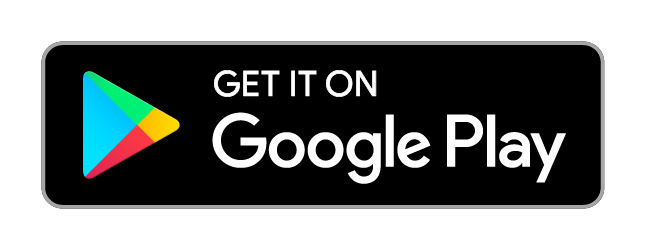Hypoglycemia, or low blood sugar, is a condition characterized by a decrease in blood sugar level below the normal minimum range of 70 milligrams per deciliter, In the following article, we will introduce you to the low blood sugar symptoms so that you can deal with it quickly and avoid the risk of complications.
Low blood sugar symptoms
Low blood sugar symptoms are commonly experienced by individuals with diabetes, especially those who use insulin, However, it is also possible that hypoglycemia occurs in people without diabetes, In both cases, it is important to recognize the accompanying symptoms to deal with them promptly and avoid the risk of severe complications.
Early symptoms
The low blood sugar symptoms can vary from person to person, and they may differ in the same person over time, It is worth mentioning that some individuals may experience mild symptoms, while others may not experience any symptoms at all. therefore, it is crucial to monitor blood sugar levels regularly and recognize the early low blood sugar symptoms, which include:
- Sweating.
- Feeling tired.
- Dizziness and lightheadedness.
- Feeling hungry.
- Numbness in the lips or Tingling.
- Trembling or shaking.
- Increased heart rate.
- Irritability and confusion.
- Mood swings.
- Pale skin.
Severe symptoms
If hypoglycemia is left untreated in its early stages, more severe and dangerous symptoms may appear, which may include:
- Confusion, Abnormal behavior such as the inability to complete routine tasks, or both.
- Loss of concentration and body movement coordination.
- Difficulty speaking or slurred speech.
- Inability to eat or drink as usual.
- Blurred vision.
- Muscle weakness.
- Feeling drowsy.
More severe symptoms
In most serious cases the individuals may experience even more severe symptoms, such as:
- Loss of consciousness.
- Seizures or convulsions.
Low blood sugar symptoms during sleep
Hypoglycemia during sleep (Nocturnal hypoglycemia) refers to low blood sugar levels during sleep in individuals with diabetes, especially if they consume little food after their usual insulin dose or if they take a higher evening insulin dose than prescribed.
The signs of nocturnal hypoglycemia may include:
- Feeling restless during sleeping hours.
- Insomnia.
- Experiencing nightmares.
- Feeling tired or experiencing a headache upon waking up.
- Night sweating; which causes unusual moisture on pillows or bed covers.
Do warning symptoms always appear before hypoglycemia?
Not necessarily, As we mentioned earlier, some warning symptoms may appear at the beginning of hypoglycemia in some individuals.
While others may experience mild symptoms or no symptoms at all, which leads to severe or sudden hypoglycemia.
Tips for dealing with hypoglycemia
If you experience low blood sugar symptoms, you should deal with it according to the following instructions:
- Consume 15-20 grams of fast-acting carbohydrates, such as foods and drinks that contain simple sugars like fruit juice or honey, or consume a piece of sugary candy.
- Check your blood sugar level every 15 minutes, If your blood sugar level is still low, below 70 milligrams per deciliter, repeat the previous step and continue repeating steps until your blood sugar level exceeds 70 milligrams per deciliter.
- Eat a complete and nutritious meal to prevent another episode of hypoglycemia again.
But if severe symptoms appear and the patient is unable to consume food or if the patient loses consciousness due to low blood sugar levels, it is essential to administer a glucagon injection or nasal spray (which is a hormone that rapidly raises blood sugar levels and It is available only by prescription), After that, it is crucial to contact emergency services to seek medical care.
Download the Alma Health application now!






